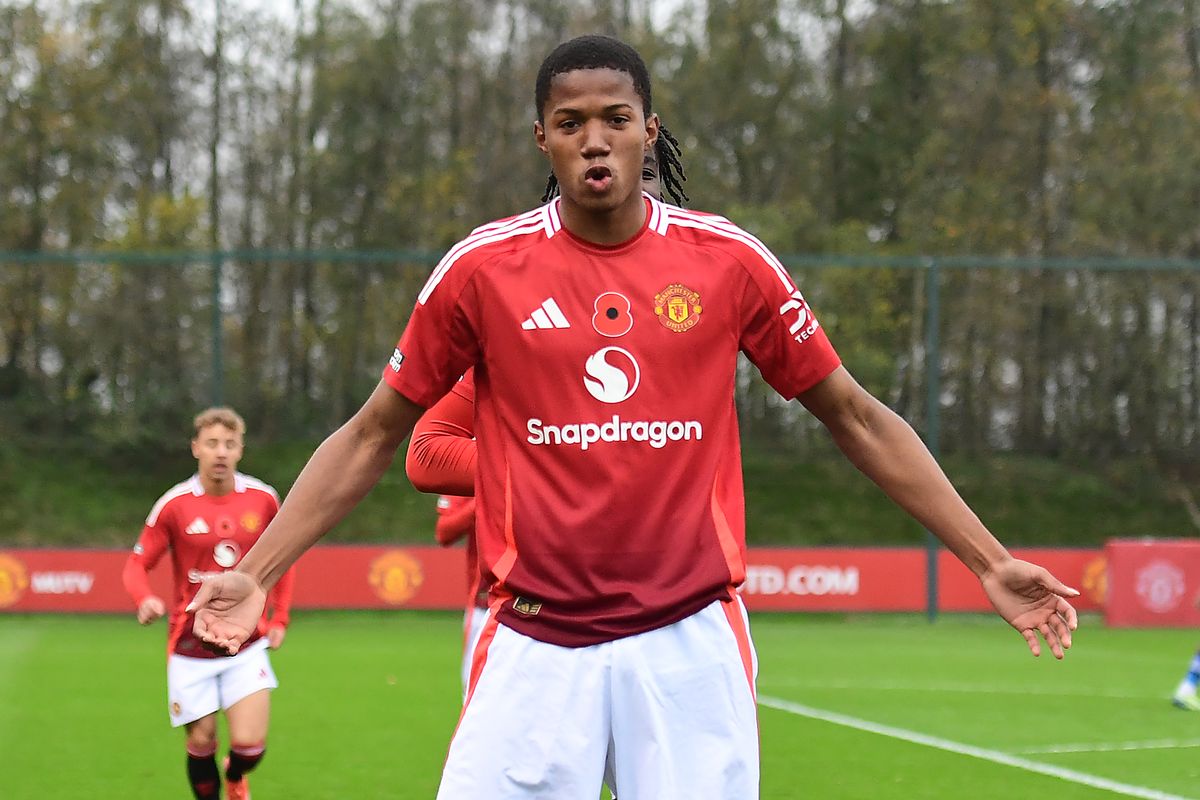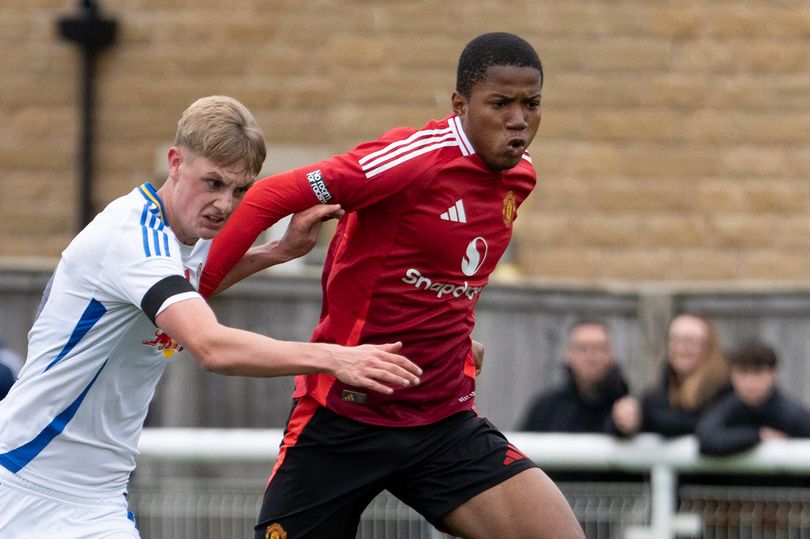Darren Fletcher has highlighted the qualities young players like Chido Obi-Martin and his Manchester United academy teammates need to exhibit to demonstrate their readiness for first-team opportunities. Obi-Martin, who joined United from Arsenal during the summer, has already made a significant impression, scoring four goals in as many games for the Under-18 side. This includes a hat-trick on his home debut in a 6-0 victory over Southampton in October. The 16-year-old, who turns 17 soon, had an incredible record last season, scoring 32 goals in 21 matches for Arsenal’s Under-18 team. However, Arsenal failed to secure him on fresh terms, leading United to capitalize on the opportunity and finalize his transfer in July.

The move was officially completed in September after gaining Premier League approval. Since joining, Obi-Martin has already appeared for United’s Under-21 team in the Premier League International Cup against PSV Eindhoven in October. However, he was not used in the Under-19 UEFA Youth League match against AZ Alkmaar earlier this week. Other academy talents, including Ethan Wheatley, Gabriel Biancheri, and Jack Fletcher, the son of Darren Fletcher, featured in that game.
Darren Fletcher spoke about the mindset and behavior required from young players aspiring to reach the senior team. He emphasized the importance of character, explaining that the club seeks to develop these traits while also identifying them early on in players. Fletcher noted that discipline, such as punctuality, good manners, and showing respect by simple gestures like shaking hands or taking care of their kit after training, remains crucial.

“These aren’t old-fashioned values,” Fletcher explained. “They’re simply good standards. While the game and players evolve, these basic principles should remain ingrained.”
Ruben Amorim, the current senior team manager, has stated that he doesn’t require academy teams to strictly adopt his preferred 3-4-3 formation. Instead, Amorim believes young players should develop an understanding of the game as a whole rather than focusing solely on one tactical system. He encourages academy players to play in different systems, which he feels better prepares them for diverse challenges in football.
Fletcher further elaborated that overloading young players with tactical instructions too early can be counterproductive. He advocates for giving academy players the freedom to express themselves during their developmental years. This approach, Fletcher explained, aligns with Manchester United’s tradition of promoting youth players, as seen with the club’s history of producing 250 graduates who have progressed to the first team.
“It’s rewarding to see a player’s journey from the academy to the senior team,” Fletcher said. “Carefully planning and plotting their progression is a fulfilling process. When academy players break through, it boosts the morale of the club, fans, and the academy itself. It also reinforces the belief among young players that they will get their chance.”
Fletcher added that Manchester United stands out as a club that allows young players to explore their creativity before introducing them to more complex tactical frameworks later in their development. This philosophy, he believes, fosters a unique spirit within the club and its academy.